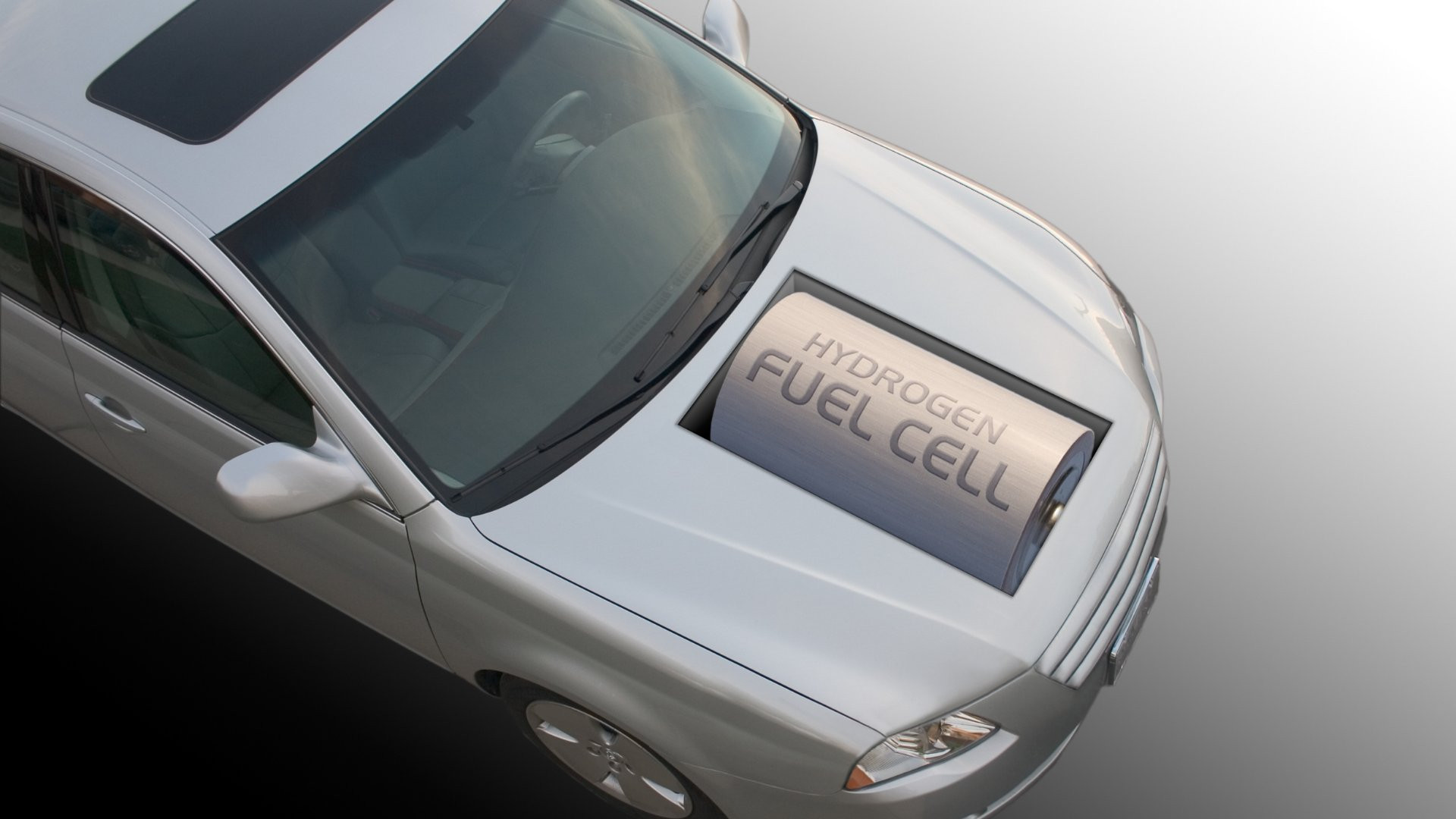
Couple of weeks ago, we had looked at whether EV’s were the future of transportation. We did highlight the challenges that EV cars are going to face in the near future.
That is where, Hydrogen fuel cars, possibly have a strong future. And here’s why we think so.
Hydrogen fuel cars, also known as fuel cell vehicles, are being hailed as the future of sustainable transportation. Unlike traditional gasoline-powered vehicles, hydrogen fuel cell vehicles produce electricity through a chemical reaction between hydrogen and oxygen, emitting only water vapor as a byproduct.
Advantages of hydrogen fuel cell vehicles include their high efficiency and extended range compared to battery-powered electric vehicles. Fuel cell vehicles can be refueled in just a few minutes, similar to gasoline-powered vehicles, and have a range of over 300 miles on a single tank of hydrogen.
In addition, the production of hydrogen fuel can be done through various means, including the electrolysis of water and the reforming of natural gas. This diversity in production methods means that hydrogen fuel can be produced from a variety of sources, including renewable energy sources like solar and wind power.
Despite these advantages, hydrogen fuel cell vehicles still face some major challenges in becoming widespread. One of the biggest hurdles is the lack of infrastructure for producing and distributing hydrogen fuel. Currently, there are very few hydrogen fueling stations available, which makes it difficult for hydrogen fuel cell vehicle owners to refuel their vehicles.
Another challenge is the high cost of producing hydrogen fuel cell vehicles. The production process is still relatively new and the materials used, such as platinum in the fuel cell, are expensive. As a result, hydrogen fuel cell vehicles are currently much more expensive than traditional gasoline-powered vehicles or even battery-powered electric vehicles.
Despite these challenges, many leading automakers are investing heavily in the development of hydrogen fuel cell technology, with several models already available for purchase. Governments around the world are also offering incentives to encourage the adoption of hydrogen fuel cell vehicles, including tax credits and grants for the installation of hydrogen fueling stations.
Many leading automakers are investing in the development of hydrogen fuel cell vehicles. Some of the notable brands include:
1. Toyota - The Japanese automaker has been a leader in the development of hydrogen fuel cell vehicles, and its Mirai model is one of the first commercially available hydrogen fuel cell vehicles.
2. Hyundai - Hyundai has been a pioneer in the development of hydrogen fuel cell vehicles and offers several models, including the Nexo SUV.
3. Honda - Honda has a long history of innovation in the automotive industry, and its Clarity Fuel Cell vehicle is one of the leading hydrogen fuel cell vehicles on the market.
4. General Motors (GM) - GM has announced plans to launch several hydrogen fuel cell vehicles in the coming years, including trucks and SUVs.
5. Audi - The German automaker is also investing in the development of hydrogen fuel cell technology, with plans to launch a fuel cell vehicle in the near future.
6. BMW - BMW is also exploring the potential of hydrogen fuel cell technology and has announced plans to launch a fuel cell vehicle in the future.
These are just a few of the leading automakers investing in the development of hydrogen fuel cell vehicles. As the technology continues to evolve, we can expect to see many.
Overall, hydrogen fuel cell vehicles have the potential to be a game-changer in the world of transportation. They offer many advantages over traditional gasoline-powered vehicles and battery-powered electric vehicles, and their production can be powered by renewable energy sources. However, significant challenges still need to be addressed, including the lack of infrastructure and the high cost of production before hydrogen fuel cell vehicles can become the dominant form of transportation.
However, to sum up here are 7 things to watch out in the future.
1. Hydrogen fuel cell vehicles run on electrically generated from hydrogen stored in fuel tanks, emitting only water vapor and air as exhaust.
2. Fueling a hydrogen fuel cell vehicle is similar to gasoline vehicles, just taking few minutes to fill up.
3. The range of hydrogen fuel cell vehicles is comparably lower than those of gasoline vehicle, roughly around 450 kms per fill up.
4. Hydrogen fuel cell technology is still in its nascent stages, and infrastructure for refueling is only available in parts of America and Europe.
5. Production of Hydrogen requires large amounts of energy as most of the hydrogen is produced from fossil fuels.
6. The cost of Hydrogen fuel cell vehicles is higher as of now, but as technology develops, we can expect the price to come down.
7. Hydrogen Fuel cell cars will truly offer zero emission alternative to gasoline powered cars, thus helping in reducing carbon footprint considerably.
What do you all think, are hydrogen fuel cell vehicles a future? Or EV’s will dominate the near future? Or gasoline powered cars are still a way to go?
Let us know in the comments below.

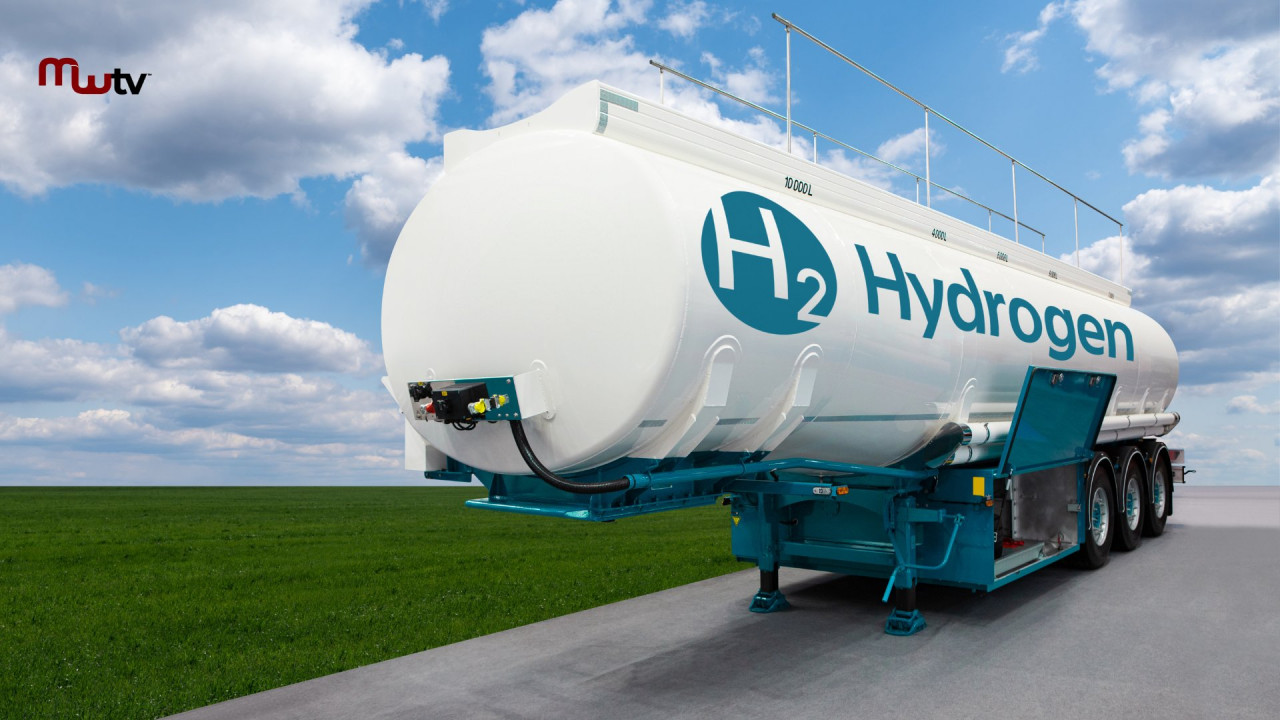
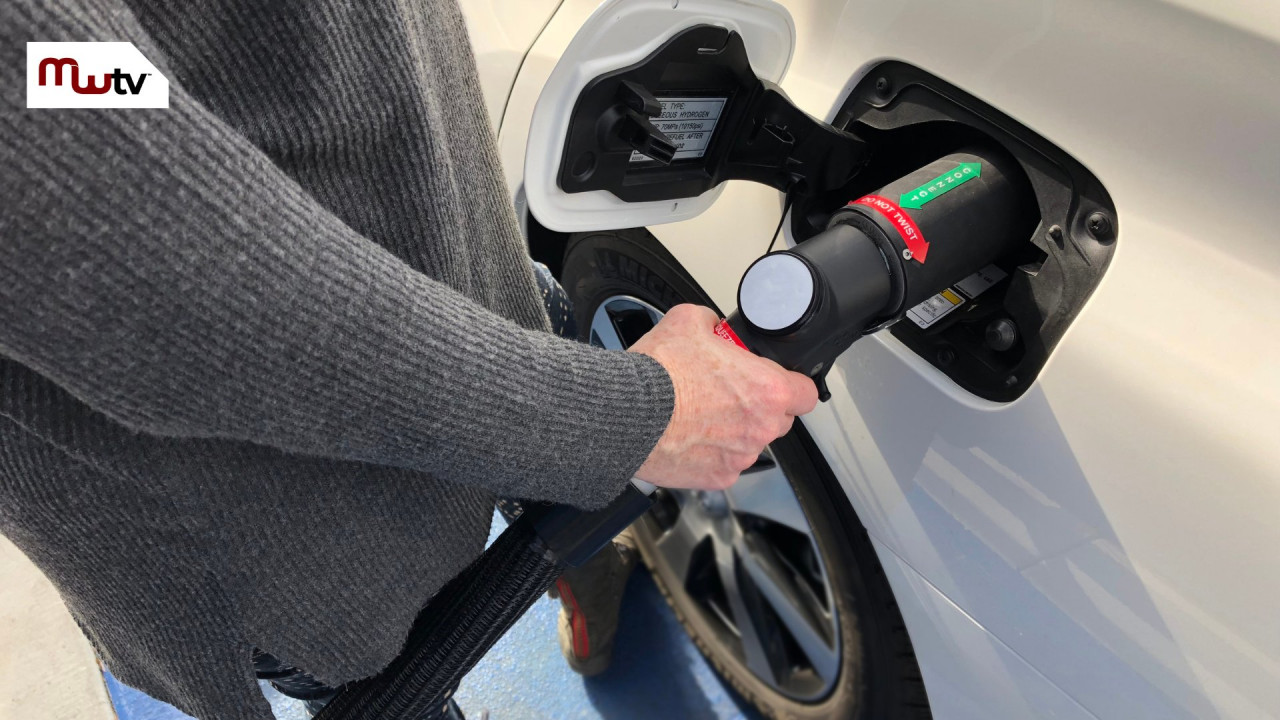
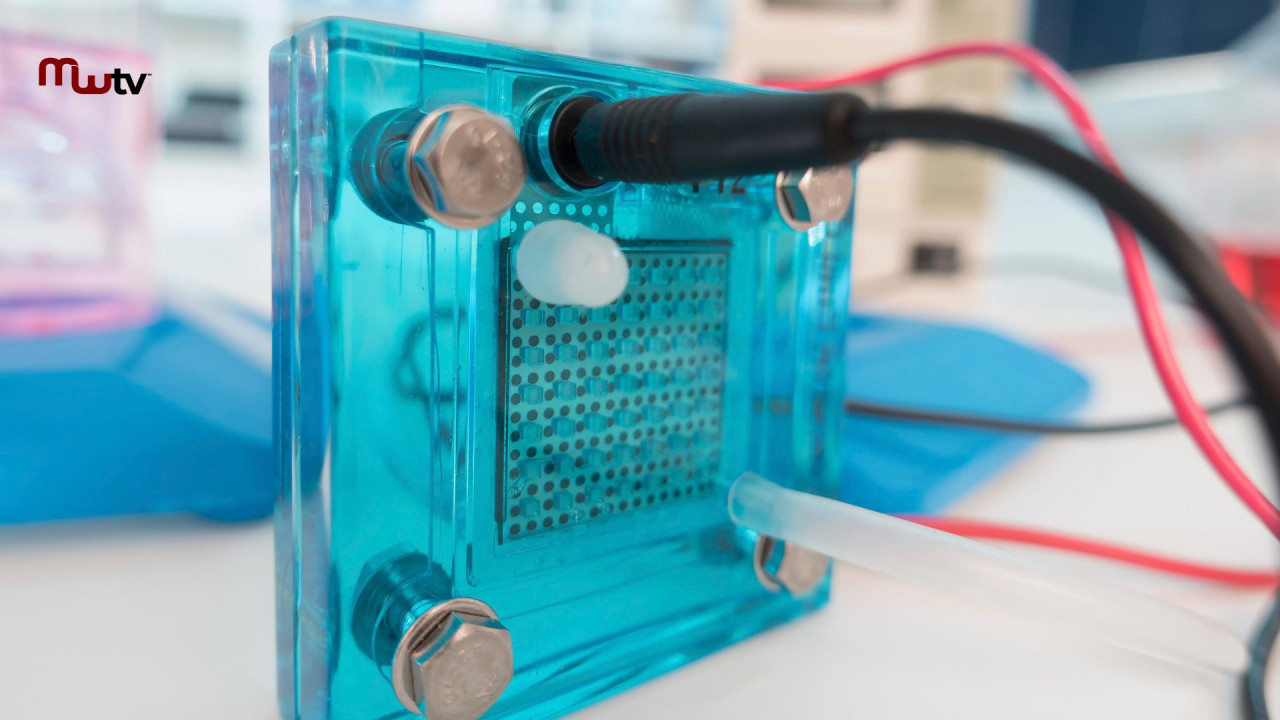

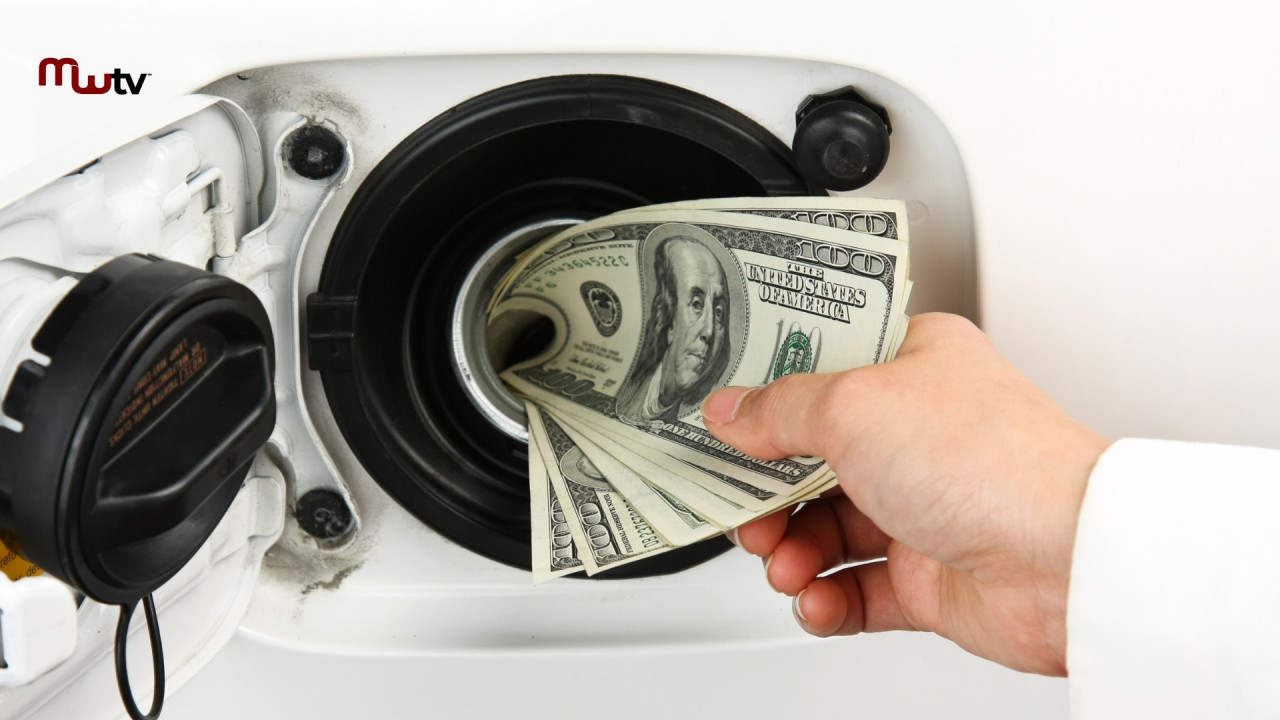
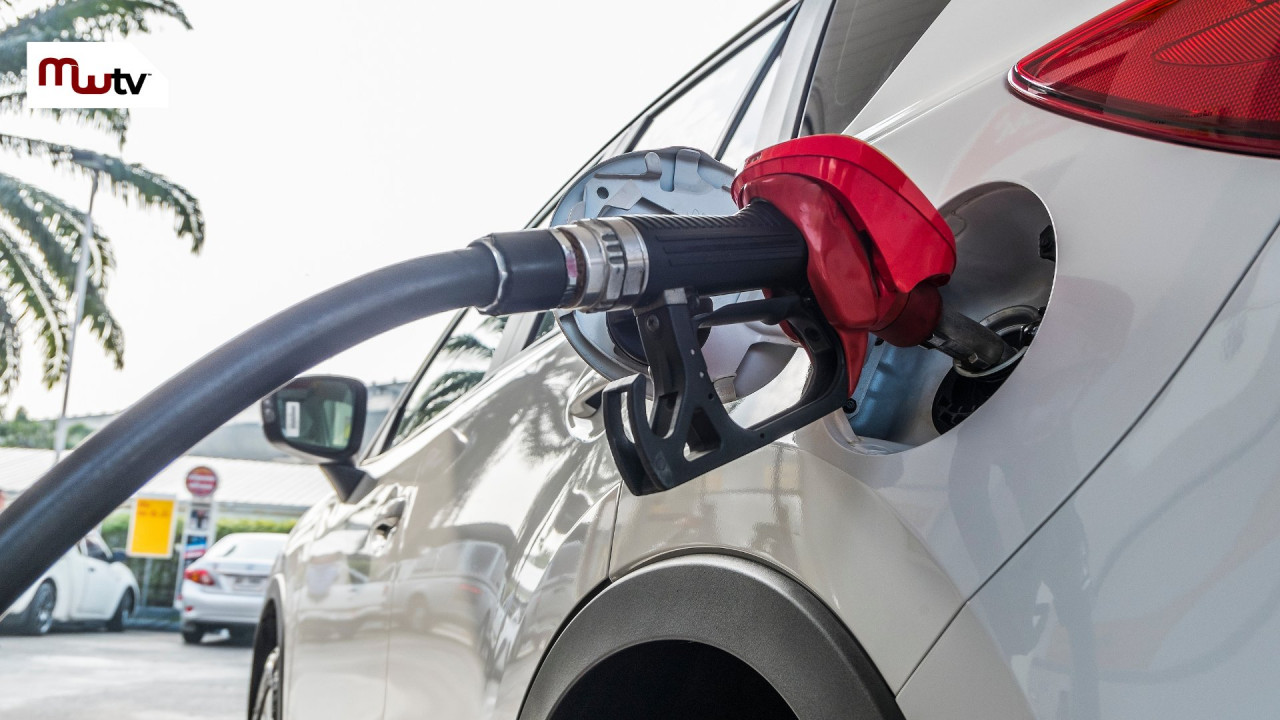
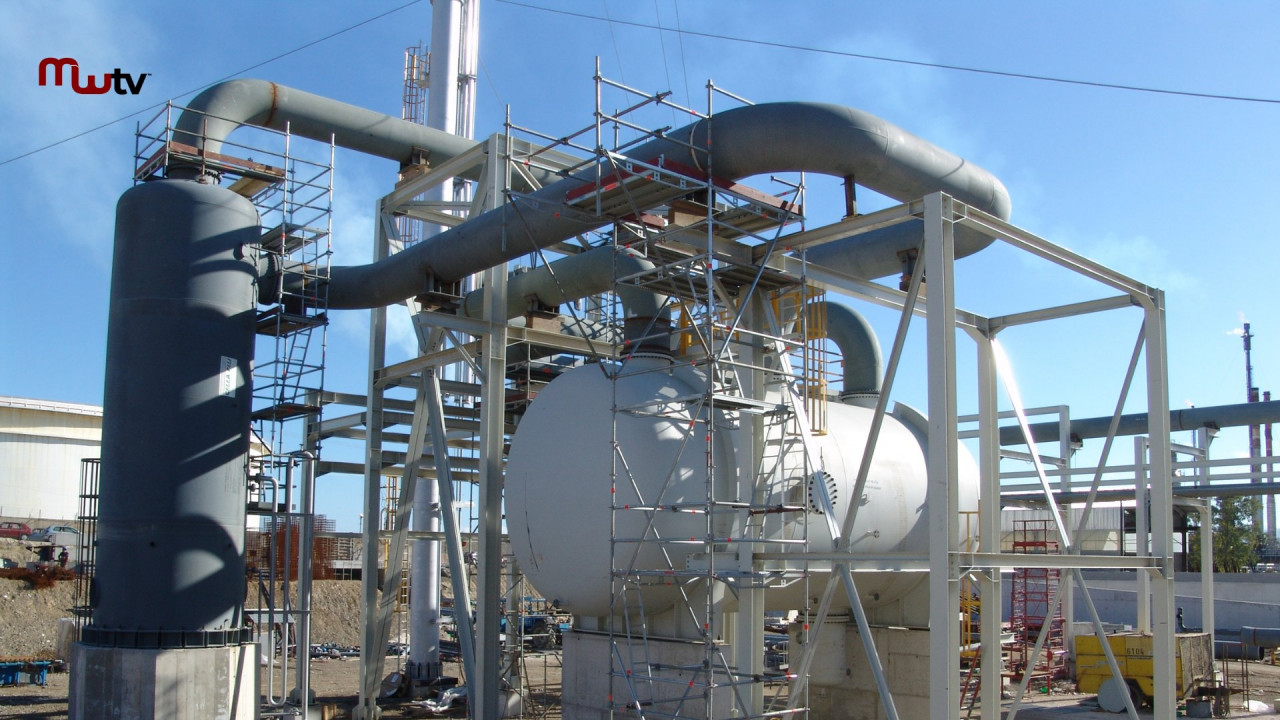
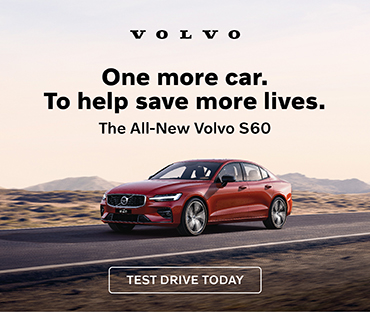
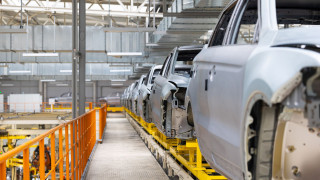



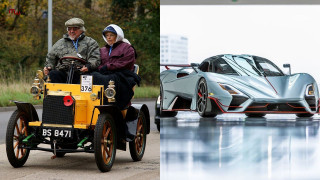
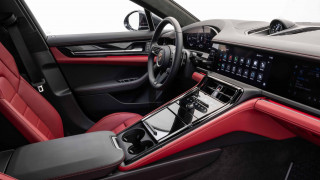







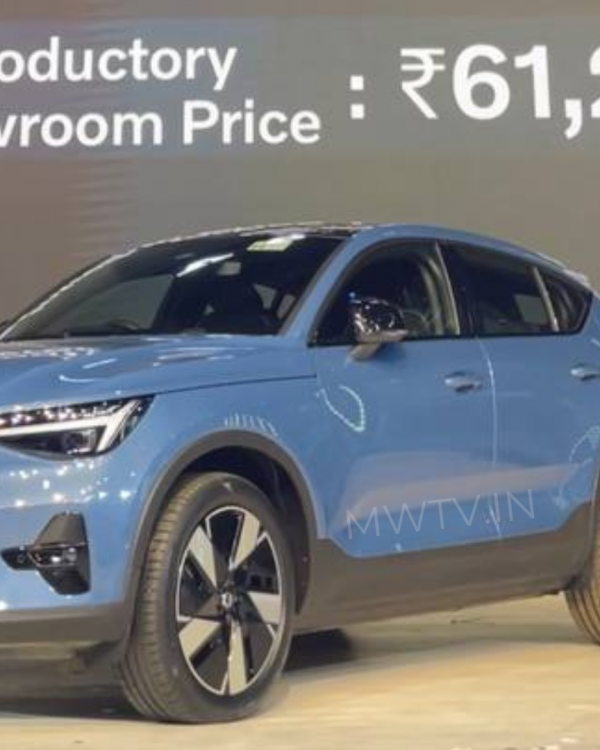

Your comment will be verified by admin before going live